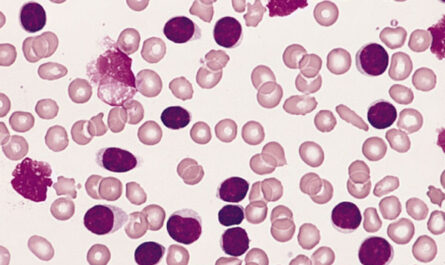A team of researchers from Aix-Marseille University in France has developed a device that makes it easier to collect and analyze compounds released by marine organisms in undersea environments. The device, called I-SMEL (In Situ Marine moleculE Logger), streamlines the process of collecting water samples and analyzing them in a lab.
Traditionally, scientists collect water samples from places like coral reefs to study environmental DNA (eDNA) and other compounds. However, some compounds may only be present in low concentrations, making them difficult to detect with standard sampling methods. Collecting and analyzing larger volumes of water could solve this problem, but it is time-consuming and labor-intensive, especially when samples are collected at great depths by scuba divers.
To overcome these challenges, Thierry Pérez, Charlotte Simmler, and their team developed the I-SMEL. This waterproof device is carried by a diver to the desired underwater location and activated with a push of a button. It uses a built-in pump to push seawater through solid phase extraction disks, similar to make-up remover pads. These disks collect and concentrate waterborne molecules for later analysis.
In a test of the I-SMEL, researchers successfully collected compounds released by large sponges in Mediterranean Sea caves at a depth of 65 feet (20 m). When the concentrated compounds were analyzed using mass spectrometry, some were found to have previously unknown molecular structures. The researchers believe that these unique compounds may have potential applications in the development of new consumer products.
Currently, the team is working on an unmanned version of the device that can be anchored deep underwater for extended periods. This autonomous device would continuously filter seawater, simplifying the collection process for later analysis.
The research team recently published a paper on their findings in the journal ACS Central Science. The I-SMEL device represents a significant advancement in marine compound collection and analysis, offering a more efficient and accurate method for studying undersea environments and the organisms within them.
*Note:
1. Source: Coherent Market Insights, Public sources, Desk research
2. We have leveraged AI tools to mine information and compile it




